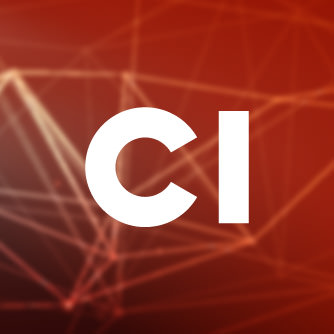Credits
- MOOC coordinators Manuel Gertrudix Barrio & Rubén Arcos Martín
- Content written by Mihaela Theodor
- Multimedia design by Alejandro Carbonell Alcocer
- Visual Identity by Juan Romero Luis
Types of internet disinformation
Characterization of the 21st Century security threat landscape
The beginning of the 21st century marked the shift in definition of the power from conventional, military and hard power to its much more non-violent, selective and non-conventional form, in a way that mass media, social media, propaganda and information have become weapons of choice.
Intention separates disinformation from misinformation, both terms referring to information that is inaccurate, incorrect, or misleading. While the Oxford online dictionary of the Oxford University Press and the Collins English Dictionary list misinformation as a synonym fordisinformation, the Merrian-Webster and Oxford Living Dictionaries make subtle distinctions between the two definitions based on the intent to harm. Misinformation includes information reported in error, when journalists misinterpret or fail to independently verify a sources claims. (Bayer et all., February 2019, p. 25)
It becomes obvious then that the question of whether the information is 'true' or 'false' is not enough to be able to distinguish 'trustworthy' news from 'malicious' news. More important is the intention of the authors behind a story: Do they want to inform or deceive the audience?
Historically, disinformation bears some relation to what in the Soviet Union was called dezinformatsiya coordinated state efforts to disseminate false or misleading information to the media in targeted countries or regions. (Jack, Caroline, 2017).
To make the different kinds of disinformation that appears on the internet clear, we propose the following infographic released by Ground views addressing media literacy.
Groundviews - 10 types of mis- and disinformation (Source: Groundviews)
Methodology and Resources
- Bayer, Judit, Bitiukova, Natalija, Bárd, Petra, Szakács, Judit, Alemanno, Alberto, Uszkiewicz, Erik, (February 2019), Disinformation and propaganda – impact on the functioning of the rule of law in the EU and its Member States, Directorate General for Internal Policies of the Union.
- Jack, Caroline, (2017), Lexicon of Lies: Terms for Problematic Information, Data & Society Research Institute, retrieved from data society
- Groundviews infographic: 10 types of mis- and disinformation, December 2018, available on-line on Ground Views






